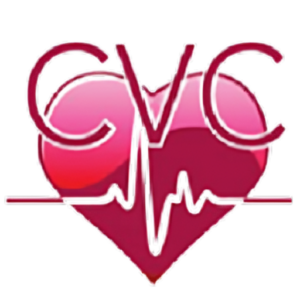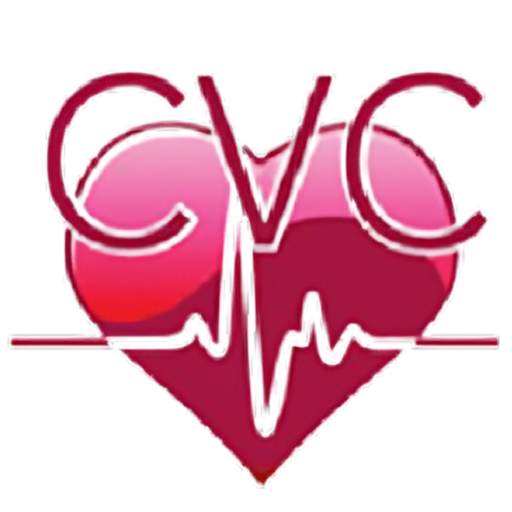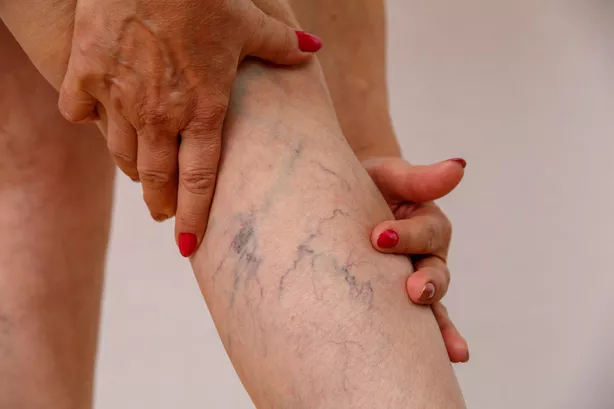Almost 35% of Americans have varicose veins, according to the Society of Vascular Surgery. Symptoms can vary from person to person, but may include achiness, skin discoloration, and itchy skin. If you have these symptoms, you’re not alone—varicose veins are common. In this article, we’ll cover six factors that increase your risk of developing varicose veins and what you can do if you already have them.
While anyone can develop varicose veins, it’s important to know your personal risk factors. This gives you the advantage to make preventive lifestyle changes if you’re at risk.
Here are the top six risk factors for varicose veins:
1. Growing Age
Unfortunately, there’s nothing you can do to avoid the age risk factor. The natural aging process can cause wear and tear on the valves in your veins. Without properly working valves, your blood flow might back up and pool — causing those bulging, lumpy veins.
2. Your Gender
Most people think that men are the only ones who get varicose veins and spider veins. But that’s not true – women are actually more likely to develop these veins. The US Department of Health & Human Services reports that women are two times as likely to suffer from varicose veins. This is because of the hormonal fluctuations women experience throughout their lives. We’ll talk more about this in the next section.
3. Hormonal fluctuations
Varicose veins are caused by hormonal fluctuations, most notably during pregnancy and menopause. The hormone surges can cause the vein walls to relax, leading to blood refluxing back up the veins. Additionally, pregnant women’s blood volume increases as much as 40%, causing veins to expand and leading to the disease in many cases.
Hormonal shifts due to pregnancy and menopause aren’t the only things that affect vascular health. Hormonal therapies or medications (hormone replacements or birth control pills) can also have an effect on your veins.
4. Being Overweight
People who are overweight or obese are more likely to have health conditions such as diabetes, cardiovascular disease, and varicose veins. Not only is being overweight a risk factor for getting varicose veins, but it also makes them more severe. Research published in the European Journal of Vascular and Endovascular Surgery found that overweight patients had more pressure on their veins, wider veins, and greater reflux (when the blood flows the wrong way when the valve doesn’t work right).
5. Genetic Factors
Although your family history is something you can’t change, it’s still valuable information. Knowing your family history can motivate you to stay healthy by exercising regularly and maintaining a healthy weight.
6. Lifestyle
Vein health can be affected by lifestyle habits. For example, a sedentary lifestyle can lead to health problems like Type 2 diabetes and osteoporosis, which can also contribute to varicose veins.
Sitting for too long or standing for too long isn’t good for your health. Sitting or standing in one spot for hours makes it hard for your blood to flow as efficiently. To stay healthy, you should include movement in your day. If you sit at a desk, take regular breaks to stand, stretch, and walk around your office. If you stand all day, take breaks to sit and stretch.


